Did you know that 28% of Internet users spend their time on social media? As more businesses see the value of social media, they are relying on it to reach out to customers. Social media marketing is an excellent approach to raising your profile.
Thus, social media advertising will help you reach more qualified prospects and convert them.
So, what exactly are social media ads and why should you bother with them? Then, continue reading to learn more!
Definition Of Social Media Advertising
Social ads are a marketing approach that allows you to run sponsored advertisements on social media sites. Also, this technique is paying to promote material on various networks. The goal is to reach out to potential customers and persuade them to check out your company.
Social media ads allow you to reach a far broader audience than the people who already follow you. Your advertisements aren’t shown to anyone (only if you want them to).
Social platforms have a lot of information about their users:
- They have a general understanding of age, gender, language, and location.
- They are aware of their users’ tastes and habits.
- Also, they are even aware of email addresses, phone numbers, and social networks.
With such information, these platforms allow you to target almost anyone within reason.
Important Statistics
Marketers and advertisers can use popular networks to promote their companies and encourage purchases. Consider the following facts about online advertising:
- Users who click on Facebook advertising are 26 percent more likely to purchase the promoted product.
- Facebook is used by over 7 million businesses to advertise.
- According to the CMO study, firms’ online advertising budgets would nearly double by 2023.
Thus, these intriguing figures demonstrate how important advertising on social media has become for businesses looking to expand.
Importance Of Social Media Ads
The following are some of the advantages of social advertising:
- Brand Recognition Has Improved
It has been proven that advertising via the Internet improves brand recognition. Companies can communicate with their customers on familiar ground. They do this by publishing on various online sites regularly. This continual connection gives the impression of trustworthiness. Also, you can get a willingness to listen to what clients have to say. The brand should not hammer home its presence but should be subtle enough to make an impression. Hence, sticking to a specific color and font scheme will go a long way.
- Conversion Rates Have Increased
The vast majority of people use the Internet. On these platforms like Facebook and Instagram, social media and advertising are two components. These are utilized together to target potential clients. More leads will visit your website as a result of the improved brand visibility. This visibility comes with advertising, increasing the chances of conversion. Also, a well-thought-out media advertising strategy can help a company increase sales and profits.
- Offer Assistance
Companies and their customers have successfully broken down boundaries thanks to social media. Many people now use Facebook or Twitter to solve problems or get information instead of phoning a customer support line.
- Demonstrate Integrity
Customers don’t care about businesses that post dull, corporate-style social media updates.
Instead, let the personality of your company shine through in everything you post on social media. What is your brand’s tone of voice? What does it say about who you are? While brands must be courteous and sympathetic to their customers, finding a voice and making a statement is more vital.
Types Of Social Media Ads And Cost
You must be curious about social media ads examples and how much do social media ads cost.
Here are some major types of Ads, examples and media adverts with cost of each type of social media ad.
-
Instagram Ads
Instagram advertisements are comparable to Facebook ads. These are considered one of the best social media ads. And you can manage both platforms’ ads using the same interface — Facebook Ad Manager. On Instagram, you can target people based on their location, demographics, interests, and behavioral traits. You can also establish custom and lookalike audiences on Instagram. So you may locate new users with similar qualities to your target buyer.
In both the news feed and the Explore tab, Instagram allows you to place advertising.
So, here are the five ad examples available on Instagram right now:
- Ads with photos: Instagram photo ads allow you to drive particular actions like engagement, link clicks, and conversions.
- Instagram stories ads: You can run ads on Instagram stories using images or videos. After swiping up on the ad, users are transported to the landing page.
- Video advertisements: In the square or landscape style, you can display video ads up to 60 seconds long.
- Carousel ads: These advertisements also allow marketers to display many photographs or videos. The display comes in a single ad that users may swipe through.
- Collection ads: Ads in which a principal photo or image is displayed with secondary images in a grid. These ads are comparable to Facebook’s collecting ads.
-
Facebook Ads
Hence, for brands, Facebook offers comprehensive advertising solutions. These solutions also allow them to run advertisements across the buyer’s journey’s awareness, consideration, and conversion stages.
- Awareness: Brand recognition and reach
- Consideration: Traffic, engagement, app installs, video views, lead generation, and communications are all important metrics to track.
How do brands utilize these Ads?
- Brands can make a slideshow movie from a collection of photographs using Facebook Ad Manager. Brands may add animation, text, and sound to their videos on Facebook.
- Instant Experience commercials are formerly known as Canvas advertisements.
- Lead generation advertising allows brands to acquire information from users who are interested in their products or services. The picture, video, and carousel formats are all supported by this advertising, which can be found on Facebook and Instagram.
- Offers: Businesses can utilize image, video, collection, and carousel advertising to provide discounts to their customers.
- Event responses: Using picture and video advertisements, brands may increase exposure and RSVPs to their event posts.
-
Twitter
Twitter’s advertising solution is similar to the platform in that it is simple. It presently has the following ad types:
- Engagement on Twitter
- Views of promoted videos and GIFs
- Website clicks or conversions for brand awareness
- Views of in-stream videos
- Create a following
- Installs of apps
- Engagements with apps
In addition, marketers can use a special hashtag to increase brand recognition. As a pre-launch and awareness approach, this function is ideal for huge B2C firms and entertainment brands.
-
LinkedIn
LinkedIn is a professional networking site. It allows businesses and people to advertise them. When opposed to Facebook and Twitter, LinkedIn’s targeting options are more focused. These options are focused on professional characteristics. These characteristics are education, organization size, sector, job title, and so on.
Premium LinkedIn members have access to the InMail tool. It allows them to send individual emails to people who aren’t in their network. Premium customers can send anywhere between 5 and 30 InMails each month. But this also depends on their subscription. Also, each response restores one InMail credit to their account.
Sponsored InMail combines the benefits of email marketing. Sponsored InMails are delivered to the inboxes of active LinkedIn users. Hence, this functionality is beneficial for enhancing conversions.
How To Make Money With Social Media Ads?
Hence, if you want to make money with social ads, you must make some effort.
By having a successful online marketing strategy, you can make most of the money. For this, you need to follow these amazing tips:
-
Know Who You’re Trying To Reach.
When you target an audience, you’re focusing on a specific demographic. Demography means an age, gender, occupation, or interest – but you can’t target everyone with the same strategy.
You’ll obtain a better image of who your client is. You will do it by using keyword search, polling and interviewing customers and establishing clear customer personas. And you’ll be able to target them more accurately as a result.
You should not only target new and potential clients, but you should also retarget existing ones. This will help people remember your brand even if they’ve already purchased anything. And it’ll be considerably less expensive than advertising to potential customers.
-
Increase The Quality Score.
Quality score is a ranking indicator used by search engines to determine the quality of your keywords and PPC adverts. Also, it’s an important part of online media marketing. Your ad will rank higher and receive more impressions at a lower cost per engagement. This can be done only if your quality score is better.
Also, you’ll be able to discover which paid ads are top-performing. Do it by posting organically to social advertising sites and measuring engagement with each Ad. Hence, these are the ones you want to promote.
-
Optimize User Engagement To Improve Seo.
Optimizing your ad text is one of the most effective strategies to attract visitors to your website. This process results in more sales. One potential SEO element is user engagement. Click-through rate (CTR), bounce rate, and conversion rate are examples of these indicators.
Even if user engagement isn’t a key ranking criterion for search engines, having a high CTR and conversion rate will help you rank higher in organic searches and get more conversions.
-
Paid Search And Social Ads.
You can customize your PPC search advertising using remarketing lists for search ads (RLSA). It is based on whether a customer has previously visited your online store and the pages they browsed. So, you can target users who are already familiar with your company this way.
Also, you can take it a step further by combining paid search with social ads. It will target both individuals who are familiar with your brand and those who are unfamiliar with it.
So, you may increase brand awareness and assist clients to get more familiar with your products by first targeting social ads. They’ll feel more at ease and inclined to click on your website if they encounter your PPC advertising again later.
Final Words
Social media advertising, particularly in the eCommerce world, is one of the most efficient and successful ways to contact your target audience and convert them into consumers. Also, no other kind of advertising can provide the same level of consistent and scalable leads as social advertising.
As more merchants dip their toes into the online world, you must learn the ins and outs of the platform and begin to improve your approach. Thus, you’ll be way ahead of the game if you use these strategies and set practical goals to help you through the process.
FAQ
What is the meaning of social media ads?
Social media ads refer to paid promotional content strategically placed on various social media platforms to reach a target audience, promote products or services, and achieve specific marketing objectives.
How do social media ads work?
Social media ads operate through a bidding system, where advertisers bid to display their content to a chosen audience. Algorithms determine the ad’s visibility based on factors like bid amount, relevance, and engagement potential.
How to create social media ads?
Creating social media ads involves defining campaign objectives, selecting target demographics, crafting compelling ad content, and utilizing the platform’s ad creation tools to set parameters like budget, duration, and placement.
How does social media target ads?
Social media platforms target ads by leveraging user data, preferences, and behaviors. Advertisers can specify demographics, interests, and behaviors to ensure their content reaches the most relevant audience.
How much to spend on social media ads?
The ad spend on social media depends on factors like campaign goals, audience size, and platform choice. Advertisers often set a daily or campaign budget, adjusting it based on performance and desired reach.


